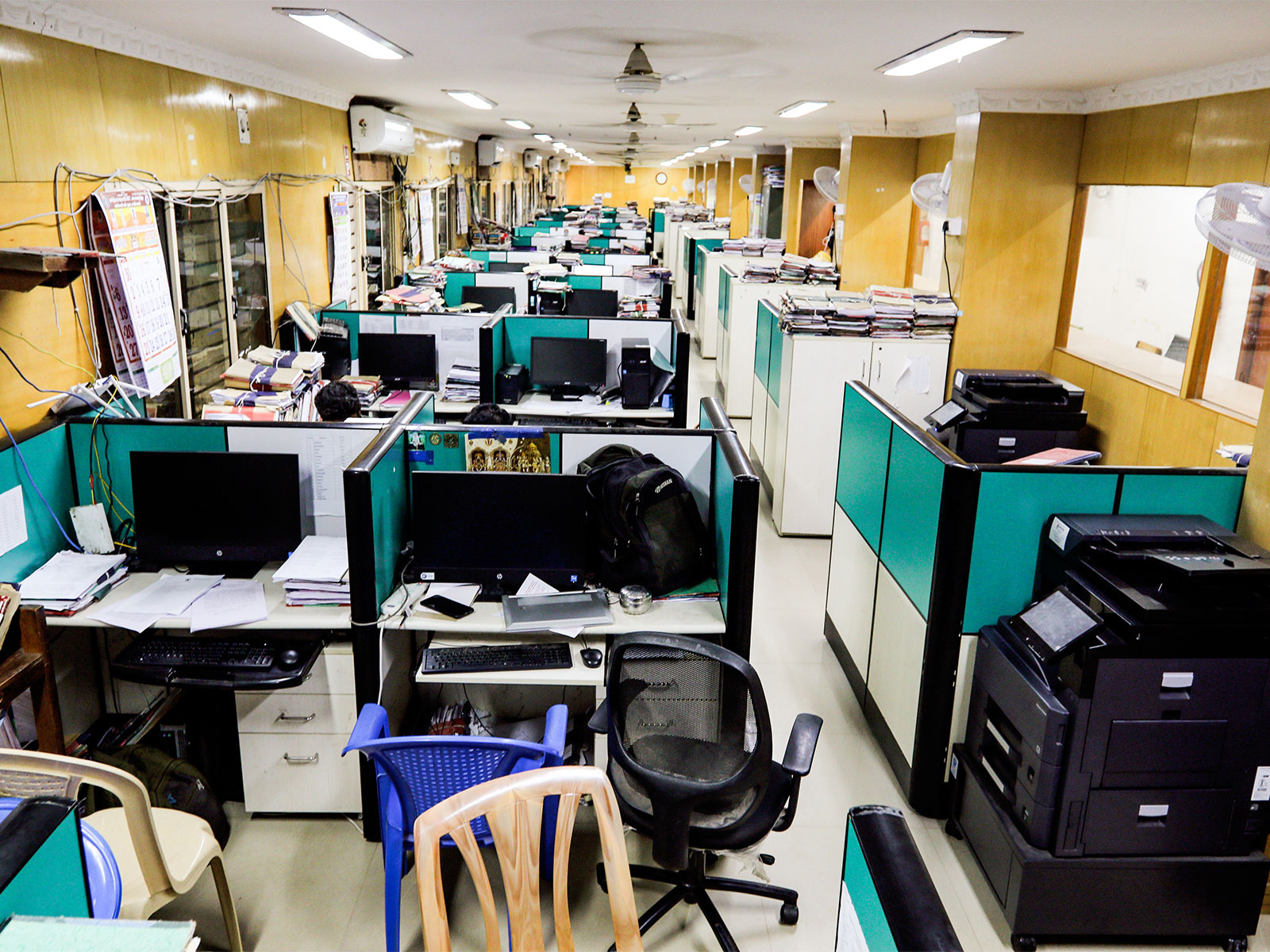CIABC applauds Manipur's move to end liquor ban, urges Bihar to follow suit
Dec 06, 2023

New Delhi [India], December 6 : The Confederation of Indian Alcoholic Beverage Companies (CIABC) has praised the decision by the Manipur government to lift the long-standing ban on liquor, emphasizing the positive impact on tax revenues and the fight against illegal alcohol and drug-related issues.
According to a press release, CIABC's Director General, Vinod Giri, urged Bihar to take a similar step, highlighting the potential economic growth, prevention of hooch tragedies, and the generation of substantial revenues amounting to Rs 10,000 crore per year.
Giri emphasized that Manipur's decision would not only boost state revenues but also curb the illegal liquor trade, addressing social challenges.
Giri said, "By ending over three-decade-long prohibition, the Manipur government has taken a positive step forward which would not only earn Rs 600-700 crore as annual tax revenues but also help tackle the menace of sale of illegal liquor and spread of drugs. It is going to give a major fillip to the state's economic growth."
He urged the Bihar government, especially Chief Minister Nitish Kumar, to reconsider the prohibition policy, which has adversely affected the state's development, led to hooch-related deaths, and fueled the growth of illicit liquor.
Highlighting the negative consequences of prohibition in Bihar, Giri stressed the proliferation of unlawful and spurious liquor, rising crime syndicates, loss of legitimate government revenues, and hindered job creation.
Giri said, "Bihar is paying a heavy price of the prohibition policy in the form of proliferation of unlawful and spurious liquor, hooch tragedies, the rise of crime syndicates and loss of legitimate Government revenues. Bihar's growth and development have been affected as the state is losing out on revenue from the legitimate liquor trade which is estimated at around Rs 10,000 crore per annum".
"Repeated hooch tragedies have so far seen over 300 deaths since 2016, close to 5 lakh cases are pending in courts clogging the justice delivery system, and around 3 lakh people have been put behind bars for something that the rest of the country finds perfectly lawful. The liquor mafia has been thriving in the state. Keeping all these aspects in mind, we have been urging the Bihar government to end prohibition and open up liquor trade in the state in a responsible manner," added Giri.
He reiterated CIABC's recommendations for lifting prohibition responsibly, suggesting that liquor factories employ 50 per cent of women to contribute to economic empowerment and proposing a special cess on liquor sales to fund de-addiction and rehabilitation centres.
"We have even suggested that liquor factories would keep 50 per cent of their workforce as women leading to true economic empowerment of women. We have also proposed a special cess on the sale of liquor to fund alcohol de-addiction & rehabilitation centres," he added.
Giri dismissed the efficacy of proposed door-to-door surveys on prohibition, referring to the National Family Health Survey 2019-20, which revealed higher liquor consumption in Bihar compared to Maharashtra.
He argued that the losses incurred by Bihar due to prohibition have benefited neighbouring states, with increased liquor sales in border districts.
Giri said, "Bihar's loss has turned out to be its neighbours' gain as liquor sales in border districts of neighbouring states have gone up. Further, thousands of crores are being lost in addition by Bihar as hotels, entertainment, tourism and other allied businesses have been hit by prohibition".
Prohibition is known to have not worked earlier in other states like Haryana, Kerala and Andhra Pradesh. Gujarat which the Bihar Government points out as an example, by the way, does not have a complete ban as non-domiciles are permitted alcohol through licensed shops, and SEZs are exempted from the ban", Giri said.
He emphasized that prohibition has failed in other states and called for a pragmatic approach similar to Gujarat's, which permits alcohol sales to non-domiciles and exempts SEZs from the ban.
The CIABC, as the apex body of the Indian Alcoholic Beverage Industry, advocates for the collective interests of industry stakeholders, emphasizing responsible practices and the need for a balanced approach to liquor regulations.




















